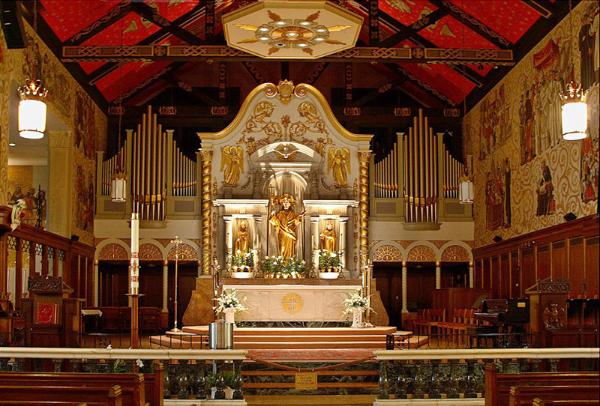Stamp: Architecture (Azores 1994)
Architecture (Azores 1994)
03 November (Azores ) within release Architecture Period of Discovery - The Manueline in the Azor goes into circulation Stamp Architecture face value 45 Portuguese escudo
| Stamp Architecture in catalogues | |
|---|---|
| Michel: | Mi:PT-AZ 448 |
| Afinsa-Mundifil: | Afi:PT 2239 |
Stamp is square format.
Architecture Period of Discovery - The Manueline in the AzoresAlso in the issue Architecture Period of Discovery - The Manueline in the Azor:
- Stamp - Architecture face value 45;
- Stamp - Architecture face value 140;
Stamp Architecture it reflects the thematic directions:
Architecture (Latin architectura, from the Greek ἀρχιτέκτων arkhitekton "architect", from ἀρχι- "chief" and τέκτων "builder") is both the process and the product of planning, designing, and constructing buildings and other physical structures. Architectural works, in the material form of buildings, are often perceived as cultural symbols and as works of art. Historical civilizations are often identified with their surviving architectural achievements.
A church building, often simply called a church, is a building used for Christian religious activities, particularly worship services. The term in its architectural sense is most often used by Christians to refer to their religious buildings, but it is sometimes used (by analogy) for buildings of other religions. In traditional Christian architecture, the church is often arranged in the shape of a Christian cross. When viewed from plan view the longest part of a cross is represented by the aisle and the junction of the cross is located at the altar area. Towers or domes are often added with the intention of directing the eye of the viewer towards the heavens and inspiring church visitors. Modern church buildings have a variety of architectural styles and layouts; many buildings that were designed for other purposes have now been converted for church use; and, similarly, many original church buildings have been put to other uses. The earliest identified Christian church was a house church founded between 233 and 256. During the 11th through 14th centuries, a wave of building of cathedrals and smaller parish churches occurred across Western Europe. A cathedral is a church, usually Roman Catholic, Anglican, Oriental Orthodox or Eastern Orthodox, housing the seat of a bishop.


